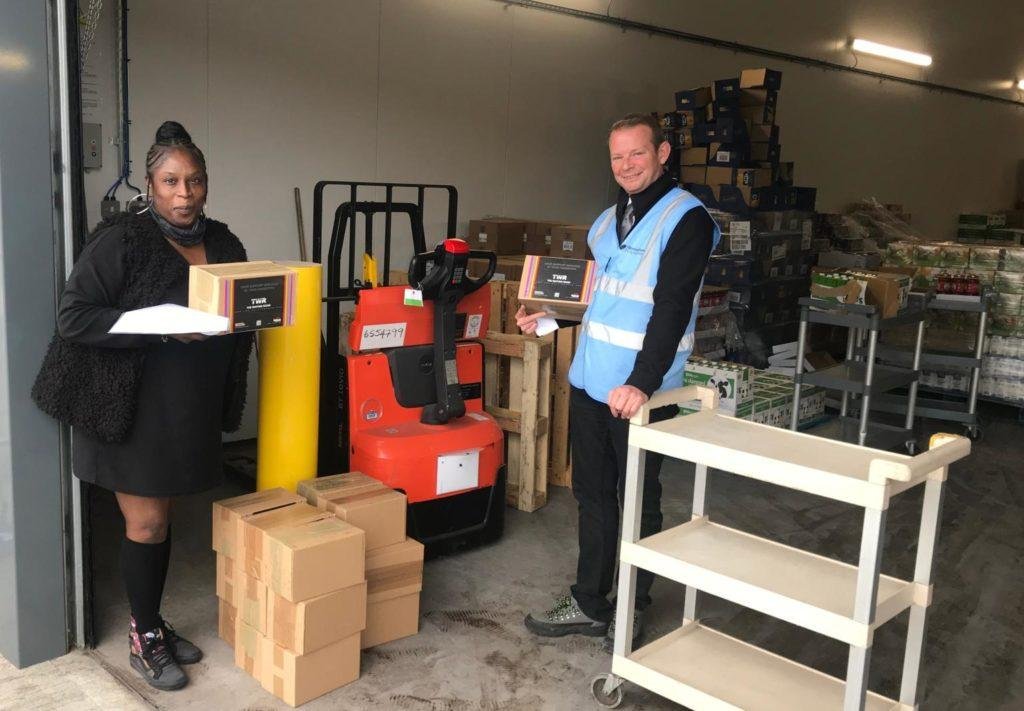Introducing BARMS

The Birmingham Asylum Refugee and Migrant Support directory (BARMS) provides links to support for some of our most vulnerable communities.
BARMS is an online directory of organisations, services and groups that are committed to welcoming, supporting and resettling asylum seekers, refugees and migrants in Birmingham.
Birmingham City Council has worked in partnership with Common Unity, who are the developers of Urbrum and The Waiting Room, to develop the website.
The directory is a direct response to meeting the needs and wishes of our partners in the Birmingham Migration Forum.
A diverse city
Birmingham is a friendly, cosmopolitan city which is proud of the warm welcome it extends to people from all corners of the globe, regardless of their situation.

Councillor John Cotton, Cabinet Member for Social Inclusion, Community Safety & Equalities at Birmingham City Council, said: “This is a fantastic resource which shows the wealth of support available from organisations who are working together to help asylum seekers, refugees and migrants arriving in our city.
The thinking behind BARMS
BARMS is a one stop directory to access information and services specific to migrants, refugees and asylum seekers.
It facilitates communication between organisations and supports better collaboration and partnership working.
BARMS also underpins the council’s commitment to Birmingham being a City of Sanctuary and reflects the emerging Resettlement and Integration Strategy for the city. You can find out more by visiting http://www.birmingham.gov.uk/cos.
Get involved
If you want your organisation listed on the BARMS website there is a PDF form available to submit. LINK TO ADD A SERVICE
Working in partnership
- The content on this website will also automatically appear on the public facing “The Waiting Room”, which is a citywide directory of services for all communities in the city.
- The Waiting Room also provides a useful free text search function which can help people find things according to key words or a service for instance. So please make sure you reference terms like “asylum seeker”, “refugee”, “migrant”, “immigration”, as well as the place or postcode you deliver from in the description of what you do.




